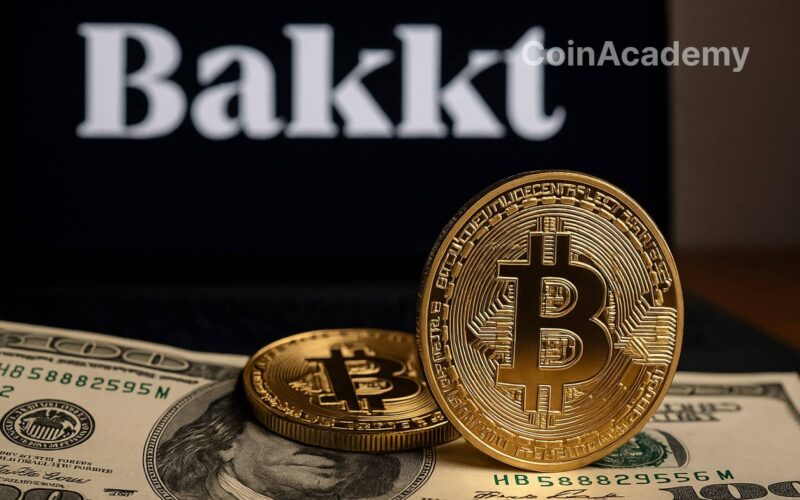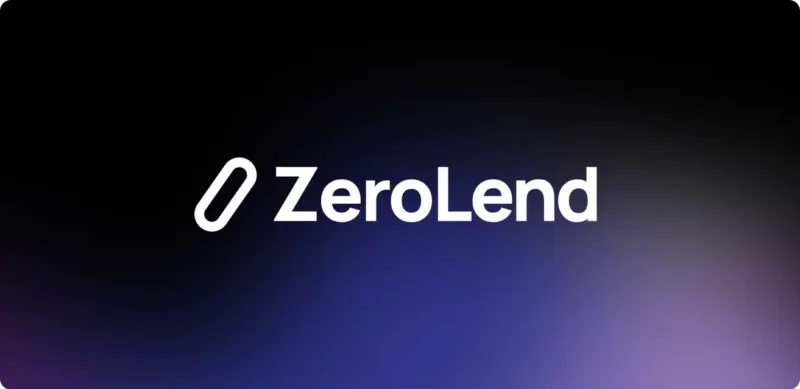La subsidiary de l’Intercontinental Exchange (ICE) is stepping up its game in the cryptocurrency world. By filing a $1 billion shelf offering with the SEC, Bakkt is gearing up to enter the market with its own tokens. This strategic turnaround comes at a time when the company is struggling to reassure investors.
A $1 billion weapon to buy Bitcoin
Until now, Bakkt has been more of a bystander in the market. But everything changes in June 2025: the company can now use its liquidity, including the funds raised through this offering, to buy Bitcoin and other digital assets.
This is part of a new investment policy recently adopted, in which Bakkt states its intention to integrate cryptos into its treasury strategy. To achieve this, it can use its cash, as well as future revenue from the sale of shares or bonds. A way to give itself breathing room… and flexibility.
The shelf offering: a tactical option
This legal mechanism allows Bakkt to quickly issue various securities (shares, bonds, warrants…) depending on market opportunities. And in a bullish context, every window matters.
But beware: this strategy comes at a tense time. In the same document, the company admits to having difficulty sustaining its business. It even talks about ‘substantial doubts’ about its ability to remain in business in the long term. The kind of line no investor wants to read in an SEC filing.
A heavy past, a dynamic to rebuild
Bakkt was launched in 2018 with a clear ambition: to connect institutions with the world of digital assets. However, timing was not on its side. Since going public via SPAC, results have not followed. The company has chronic losses and its stock has dropped by 46% since January.
The BKKT stock price did bounce by 3% to $13.33 after the announcement, but it remains weighed down by the successive withdrawals of major clients like Bank of America or Webull.
Bakkt wants to believe in the return of crypto IPOs
Despite everything, Bakkt remains optimistic. On X, the company welcomed the recent IPO intentions of Circle, eToro, and Gemini, seeing it as ‘a strong signal of market maturity’.
An optimism that contrasts with its own results, but illustrates one thing: the company does not intend to sit on the sidelines.




